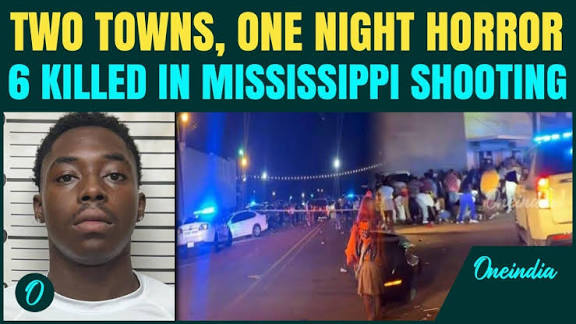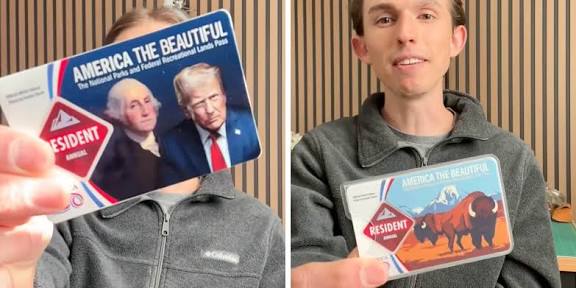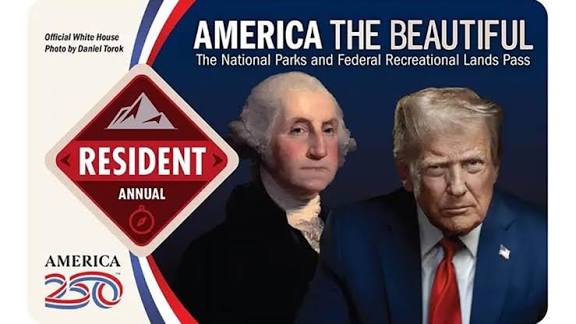33 Hours Later: FBI Director Kash Patel’s Role in Capturing Kirk’s Shooter

During the investigation of Charlie Kirk’s murder, FBI director Kash Patel’s activities raised questions about his decision taking. Today we will discuss about 33 Hours Later: FBI Director Kash Patel’s Role in Capturing Kirk’s Shooter
33 Hours Later: FBI Director Kash Patel’s Role in Capturing Kirk’s Shooter
On September 10, 2025, a tragic event unfolded at Utah Valley University (UVU) when conservative activist Charlie Kirk was fatally shot during a public speaking engagement. The incident sent shockwaves through the nation, raising concerns about political violence and the safety of public figures. In the ensuing 33 hours, the Federal Bureau of Investigation (FBI), under the leadership of Director Kash Patel, worked tirelessly to identify and apprehend the suspect, 22-year-old Tyler Robinson. This article delves into the events surrounding the shooting, the FBI’s investigative efforts, and the subsequent developments that led to Robinson’s capture.
The Shooting Incident

Charlie Kirk, founder of Turning Point USA and a prominent conservative voice, was delivering a speech at UVU when he was shot and killed. The attack occurred in broad daylight, in front of a crowd of students and faculty, making it a high-profile case from the outset. The shooter, later identified as Tyler Robinson, fired from a rooftop across the street from the university, using a high-powered rifle. The precision of the attack indicated a premeditated and targeted assault.
In the immediate aftermath, the FBI, in coordination with local law enforcement agencies, launched a manhunt to locate the perpetrator. Director Kash Patel, who had assumed office earlier that year, took a hands-on approach, traveling to Utah to oversee the investigation personally. His presence underscored the gravity of the situation and the FBI’s commitment to resolving the case swiftly.
Investigative Breakthrough
Within hours of the shooting, forensic teams began processing the crime scene. Key evidence included a towel wrapped around the rifle used in the attack and a screwdriver found on the rooftop from which the shot was fired. DNA analysis confirmed that both items contained genetic material matching that of Tyler Robinson. Additionally, investigators uncovered remnants of a note allegedly written by Robinson, expressing his intent to kill Kirk. Though partially destroyed, forensic reconstruction techniques allowed authorities to piece together the contents of the note, which revealed a deep-seated ideological animus toward Kirk and his political views.
Further investigation into Robinson’s background revealed a history of online radicalization and a fixation on Kirk. Despite coming from a conservative family, Robinson’s social media activity indicated a growing resentment toward right-wing figures and ideologies. This paradoxical alignment added complexity to the case, challenging initial assumptions about the shooter’s motivations.
The Arrest of Tyler Robinson
Approximately 33 hours after the shooting, Tyler Robinson was apprehended near his hometown of St. George, Utah. The breakthrough came when a relative recognized him from publicly released photographs and alerted authorities. Robinson surrendered without incident, and he was taken into custody for questioning. During his initial interrogation, Robinson remained largely uncooperative, providing minimal information about his actions and motives. However, the physical evidence linking him to the crime scene was irrefutable.
Director Patel, in a public statement, confirmed the arrest and praised the collaborative efforts of the FBI and local law enforcement. He emphasized the importance of transparency and accountability in high-profile investigations, stating that the agency would continue to provide updates as the case progressed.
Controversy Over Premature Announcement
In the early stages of the investigation, Director Patel faced criticism for prematurely announcing on social media that a suspect had been taken into custody. The announcement was made before local authorities had officially confirmed the arrest, leading to confusion and backlash from both the public and law enforcement officials. Some critics argued that the premature disclosure compromised the integrity of the investigation and undermined trust in the FBI’s handling of the case.
In response to the criticism, Patel defended his actions, stating that he had no regrets about the announcement. He explained that the decision was made in the interest of transparency and to keep the public informed during a rapidly developing situation. While acknowledging the misstep, Patel maintained that the overall response to the incident was effective and that the FBI had acted swiftly and decisively.
Political Ramifications and Public Reaction
The shooting of Charlie Kirk and the subsequent investigation had significant political ramifications. Kirk, a prominent conservative figure and ally of former President Donald Trump, was seen by many as a target due to his outspoken political views. The attack raised concerns about the increasing polarization of American politics and the potential for violence against public figures.
In the aftermath, tributes poured in from across the political spectrum, honoring Kirk’s contributions to public discourse and expressing solidarity with his family. Vice President JD Vance, a close friend of Kirk, temporarily took over his talk show on Rumble to honor him. Memorials were held at the Kennedy Center and during major sporting events, underscoring the widespread impact of the tragedy.
President Trump publicly praised Director Patel and the FBI for their swift action in apprehending the suspect. He commended the agency’s efforts and expressed confidence in Patel’s leadership. The President’s support provided a measure of political cover for Patel amid the controversy over the premature announcement.
Conclusion
The 33-hour period following the shooting of Charlie Kirk was marked by intense investigation, public scrutiny, and political fallout. Under Director Kash Patel’s leadership, the FBI demonstrated its capacity to respond rapidly and effectively to a high-profile crisis. While the premature announcement of a suspect’s arrest drew criticism, the agency’s overall handling of the case reinforced its commitment to upholding justice and transparency.
How useful was this post?
Click on a star to rate it!
Average rating 0 / 5. Vote count: 0
No votes so far! Be the first to rate this post.
About the Author
usa5911.com
Administrator
Hi, I’m Gurdeep Singh, a professional content writer from India with over 3 years of experience in the field. I specialize in covering U.S. politics, delivering timely and engaging content tailored specifically for an American audience. Along with my dedicated team, we track and report on all the latest political trends, news, and in-depth analysis shaping the United States today. Our goal is to provide clear, factual, and compelling content that keeps readers informed and engaged with the ever-changing political landscape.




